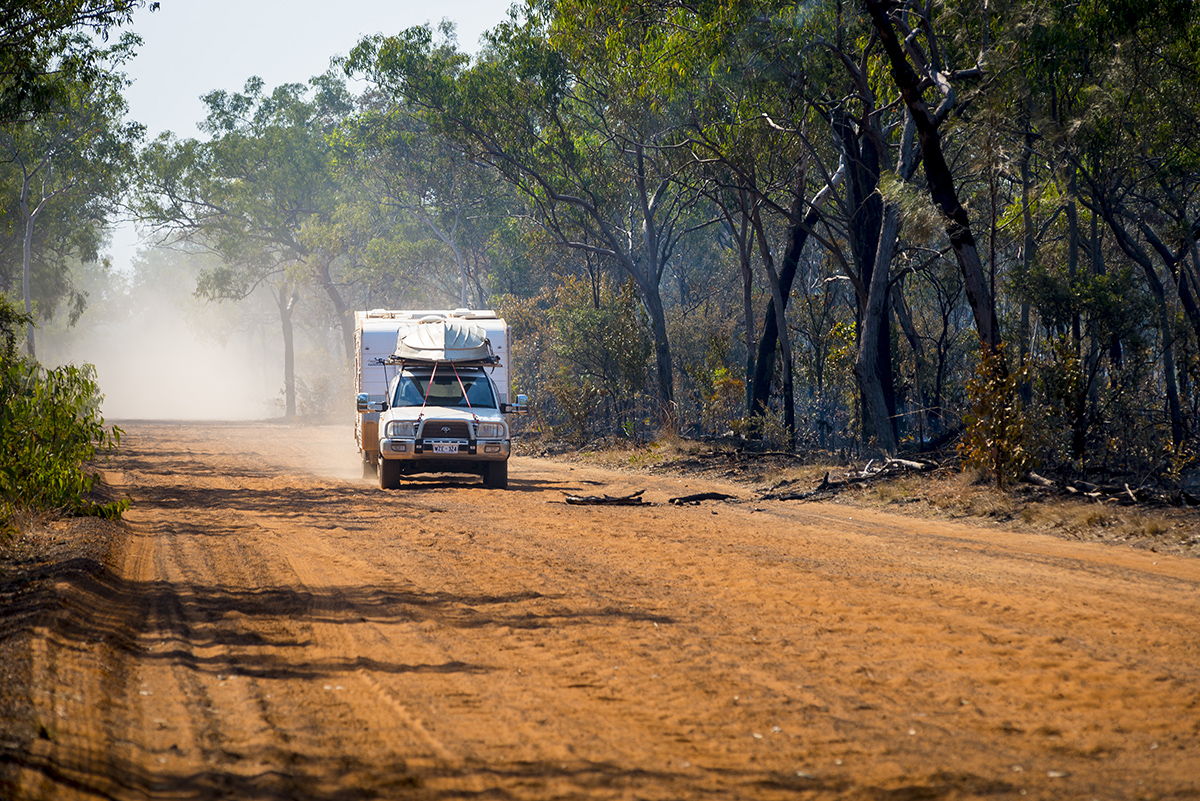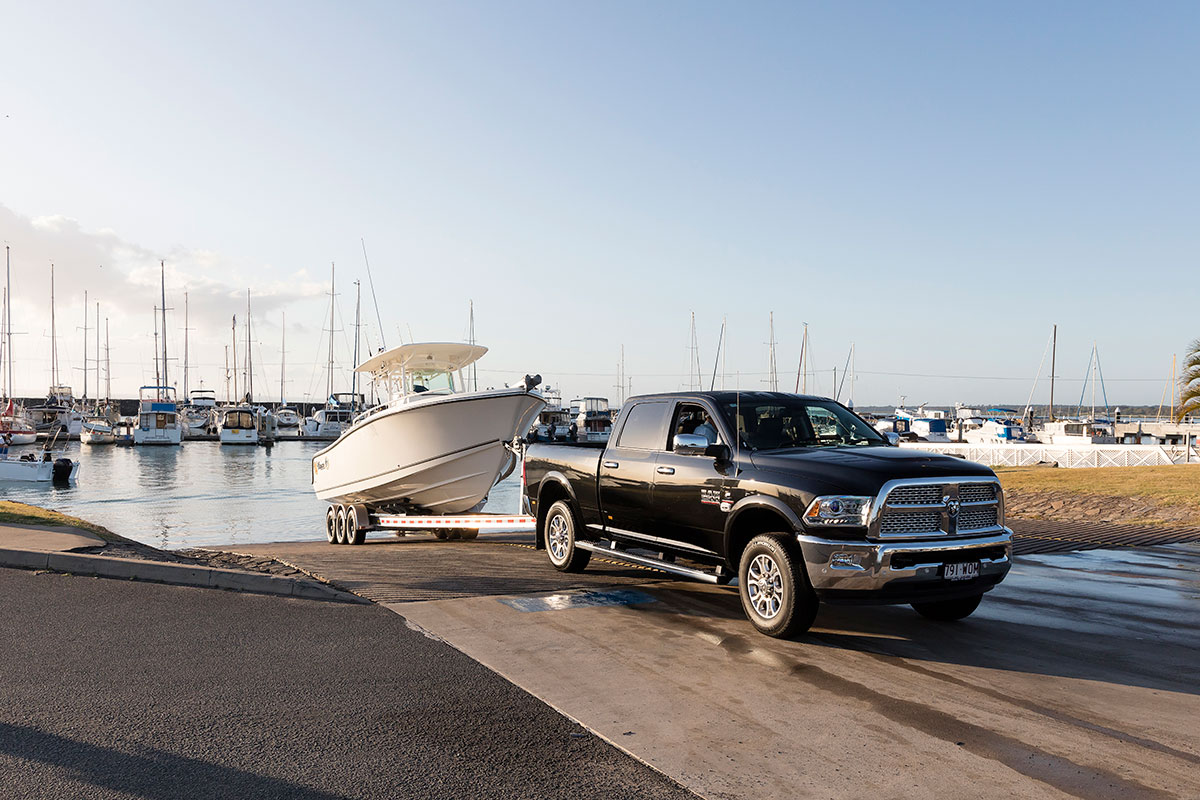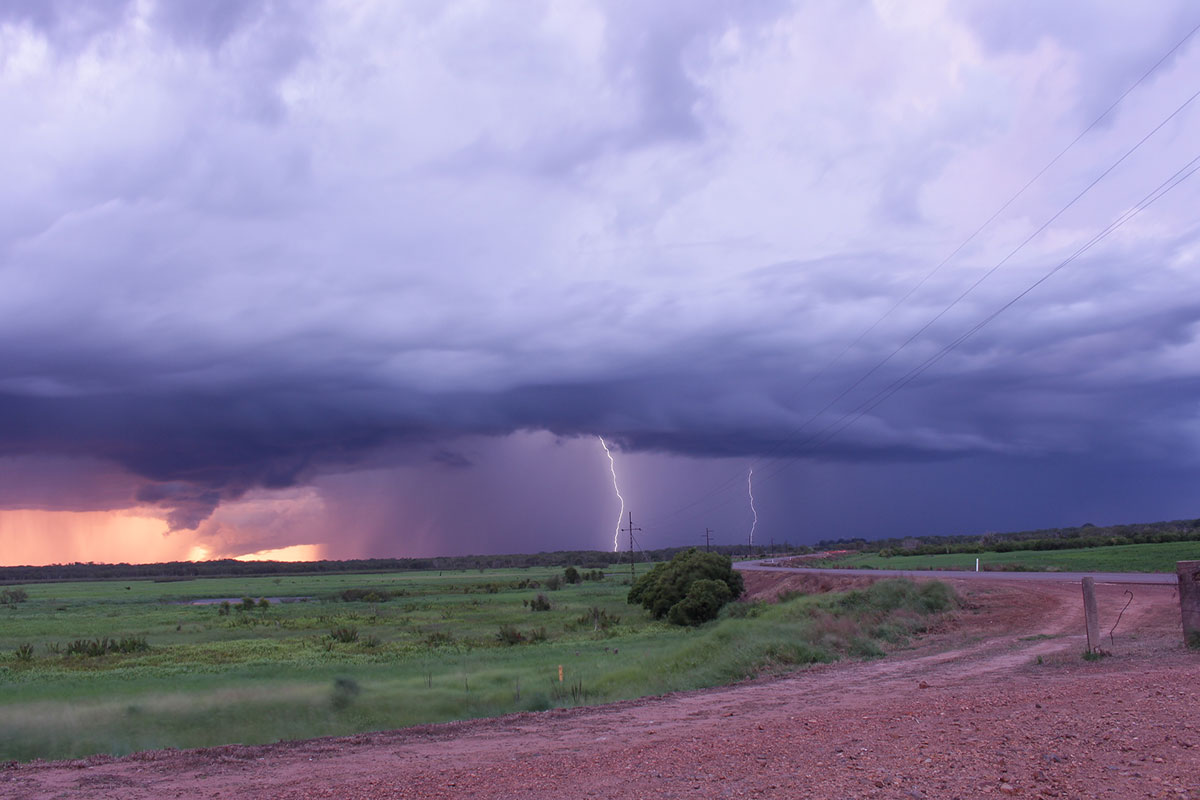When you’re choosing a tow vehicle to pull your pride and joy, there are some basic technical aspects to look for that will tell you whether a vehicle is likely to be a towing God or a towing disaster.
Not everyone wants the biggest, heavy vehicle when they also have to live with day-in, day-out as an urban vehicle, but neither do you want a nimble city car that may be put under too much strain by towing.
Putting together a stable, safe, legal and comfortable towing combination of van, boat or camper and tow vehicle not a straight-forward proposition. And it’s rare that a vehicle will be absolutely perfect but some are definitely better than others for relaxed and economical towing.
1. GOOD STABILITY

Good towing stability ultimately requires good balance, but there are a few specifications that will indicate whether it’s likely to be a stable platform
A long wheelbase and short rear overhang suggest better towing stability. That’s because if a caravan or camper begins to sway, it’ll have more leverage to make the vehicle yaw if the coupling is further away from the rear axle and if the vehicle’s axles are not spread apart too far.
A live rear axle is usually better for load carrying than an independent suspension design, so when a towball download is imposed and the vehicle is loaded up, it makes a better fist of it. Because the live axle is tougher (and more often than not fitted to load-carriers like utes), there is usually a higher axle load limit than independent designs.
2. CAPACITY
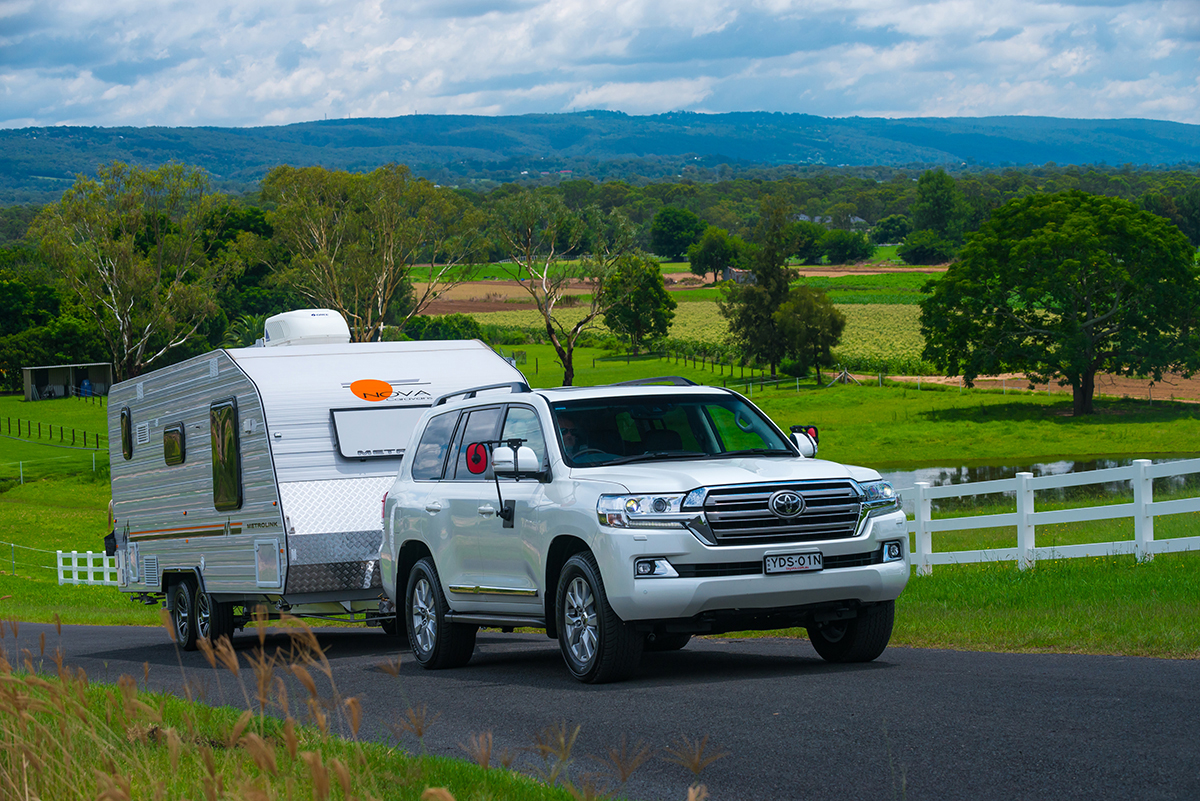
Be realistic about the vehicle’s maximum towing capacity. Don’t take a vehicle’s maximum towing capacity and try to fill that capacity to the last kilo. Remember to account for your caravan’s payload – there’s no point buying a 1800kg Tare tandem-axle van with a 400kg load capacity and then hitch it up to a vehicle that has a 2000kg towing capacity.
There’s really no such thing as overkill with towing capacity, though; while the average caravan doesn’t exceed 2500kg fully loaded, you can buy 4WDs that have a 3500kg maximum capacity. Don’t think that the surplus 1500kg is a waste – the higher the capacity, the better, generally speaking, as the vehicle will have more power in reserve to make a more relaxed towing platform.
Try to buy a vehicle that has at least 10 per cent of maximum towing capacity as the towball mass (TBM) download capacity – don’t always assume that the 10 per cent rule applies. Many manufacturers such as Mitsubishi and Toyota do state clearly that TBM is 10 per cent of towing capacity, but some manufacturers have a very low TBM download capacity – much less than 10 per cent – often because the vehicle’s manufacturer discovered during development that the towbar or the chassis is not up to the job. Either way, always find out what the TBM is and whether that limit is realistic for the van you propose to tow.
3. WEIGHT
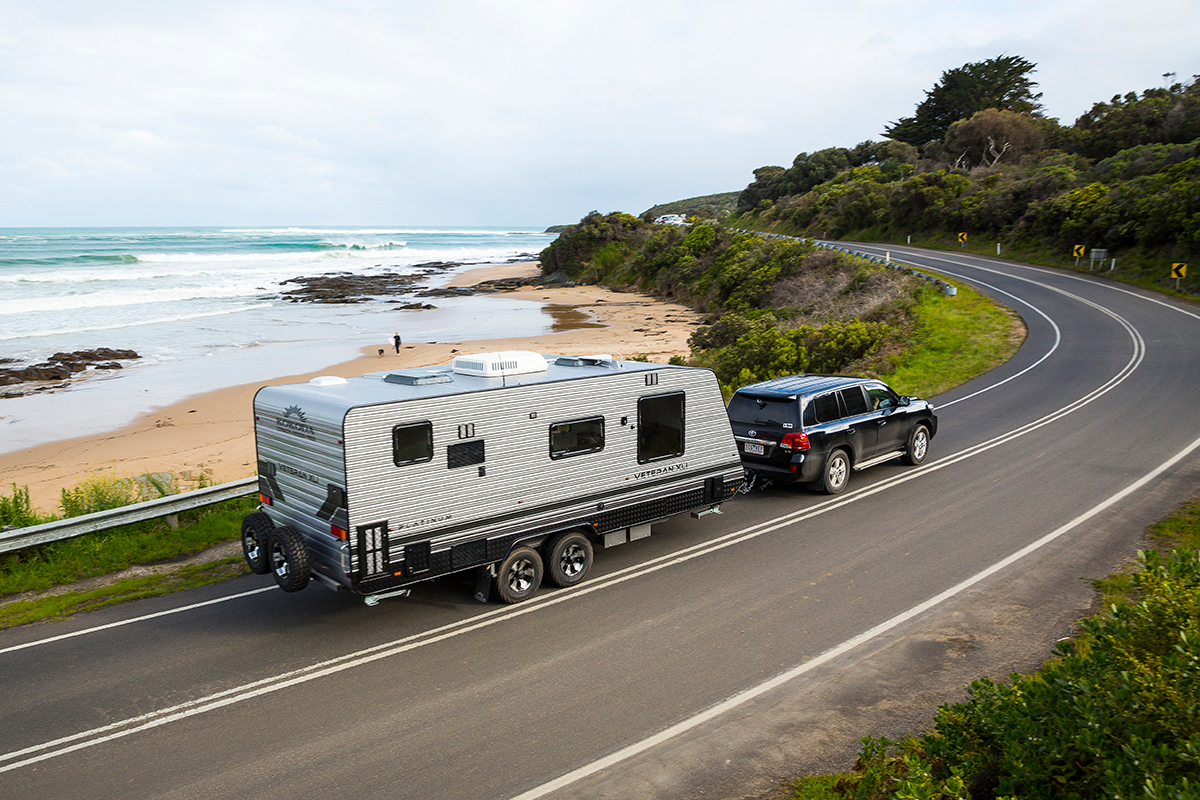
Generally speaking, a vehicle will tow better if it is heavier than the caravan it is towing. While many vehicles are perfectly legal towing a trailer weighing more than their GVM, don’t assume you can buy and load up the heaviest, biggest caravan you can buy and that the vehicle will tow like it was built to do it. The current crop of dual-cab utes are the main culprits here; they all weigh not much more than 2000kg but some are rated to tow 3500kg. Some are really good tow vehicles, but when push comes to shove in, for example, an evasive maneuver, a heavy van can really shove the tow vehicle around if it’s much heavier.
4. TOWBAR
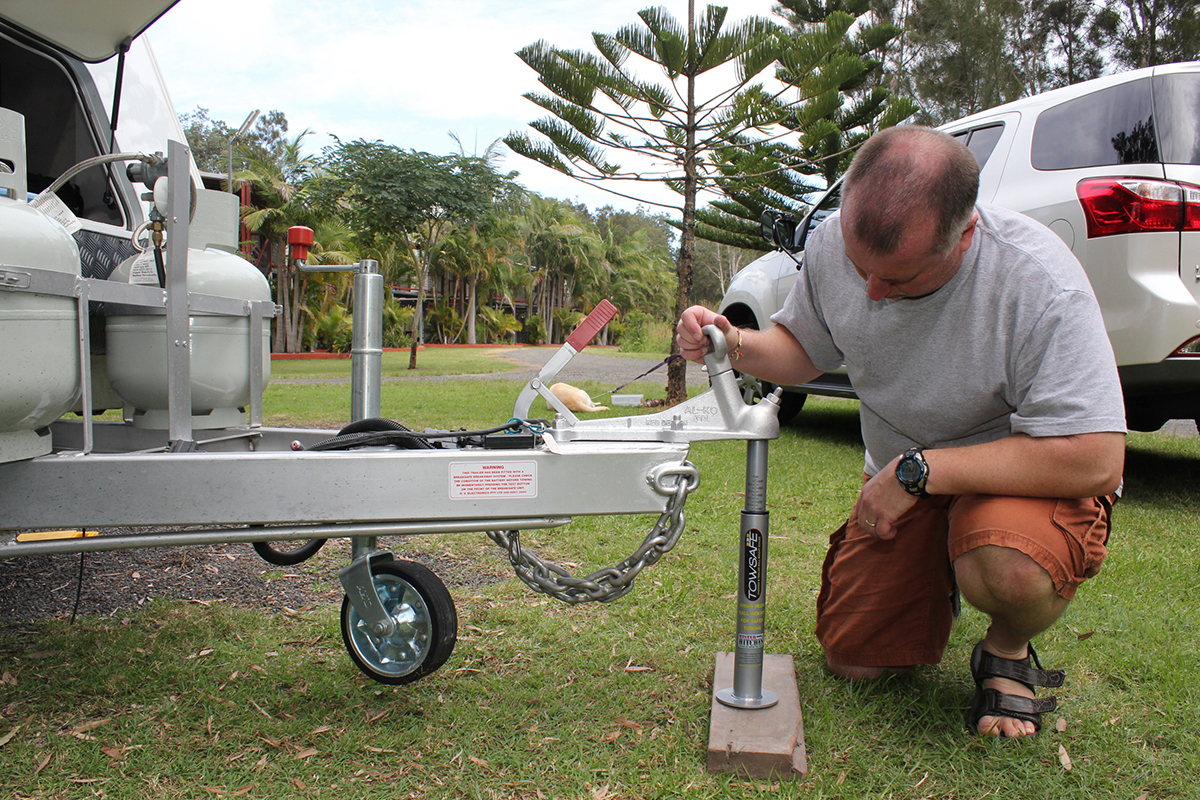
Never forget the biggest restriction on what you can tow is not the vehicle’s tow limit, itself, but its towbar. Towbar capacity can sometimes be rated lower than the vehicle’s maximum towing capacity. Always check that the towbar is up to the job. It should have a plate or sticker attached to the towbar specifying the maximum capacity, and some manufacturers such as Holden also generally put a sticker to the driver’s door jamb specifying the towbar’s maximum capacities.
5. ENGINE
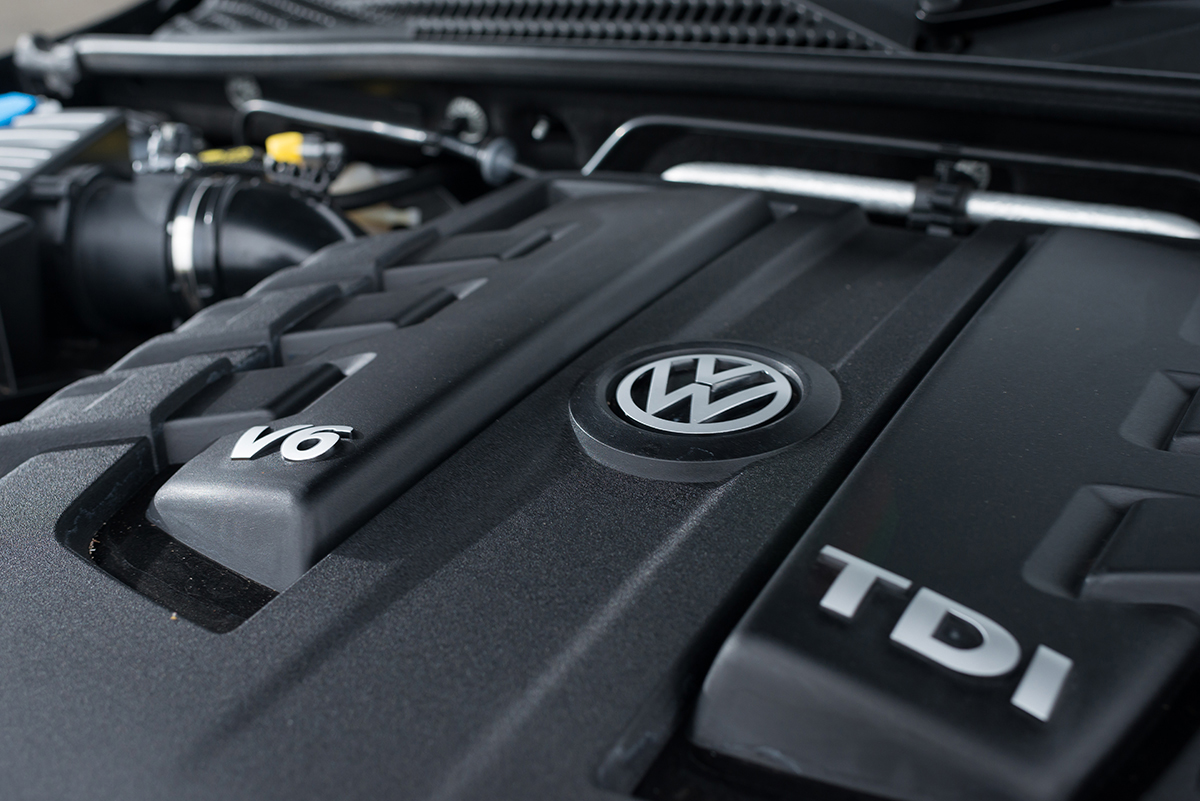
The diesel versus petrol argument has many pros and cons. Towing a heavy caravan puts a lot of load on an engine and while a petrol engine of adequate displacement and with good torque output will happily shoulder this, it will consume a lot of fuel doing it. Generally speaking, you can count on at least 50 per cent more fuel use when towing a tandem-axle van with a six- or eight-cylinder petrol engine vehicle than when travelling solo. It is not unusual for touring consumption in adverse conditions to double.
The modern turbodiesel engine is the best compromise for towing, typically providing that strong mid-range torque so useful when touring on the open road with a caravan attached. The added bonus is fuel consumption will be better than a petrol vehicle (although some diesel vehicles, like the 4.5L TDV8 LandCruiser 200, use fuel at a rate not far off a petrol model).
The only negative with a diesel – and not really related to towing – is that if you get a bad tank of fuel, it can do tens of thousands of dollars damage to the engine.

MEET THE AUTHOR
Philip Lord is a long-term vehicle tow-tester and also the former owner of a 1979 Viscount Grand Tourer, which he restored before selling it to make room for his next project: a mid-1980s Windsor Windcheater. Phil has been a motoring writer for more than 20 years. He has tackled most automotive and technical subjects throughout his media career, which has seen him contribute to such illustrious journals as Caravan World, Camper Trailer Australia, Wheels, 4X4 Australia and Motor.



